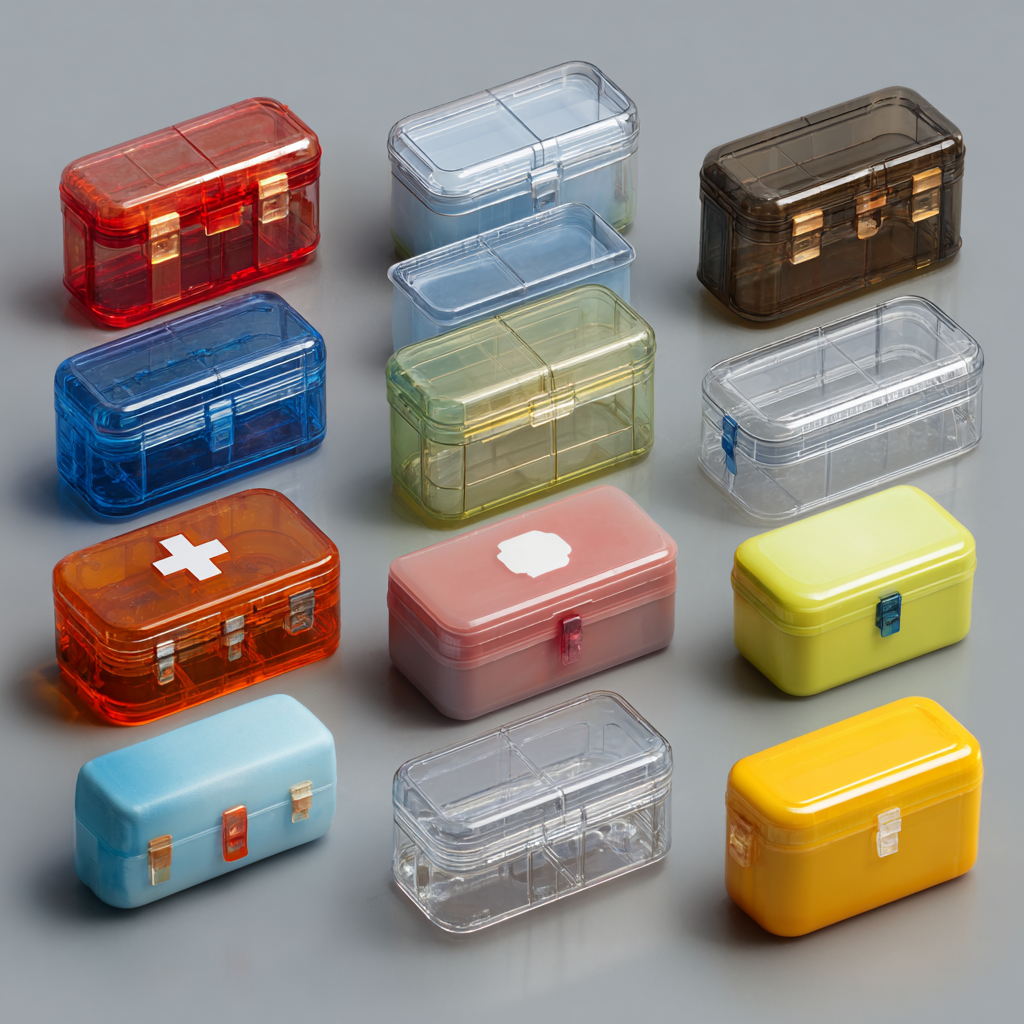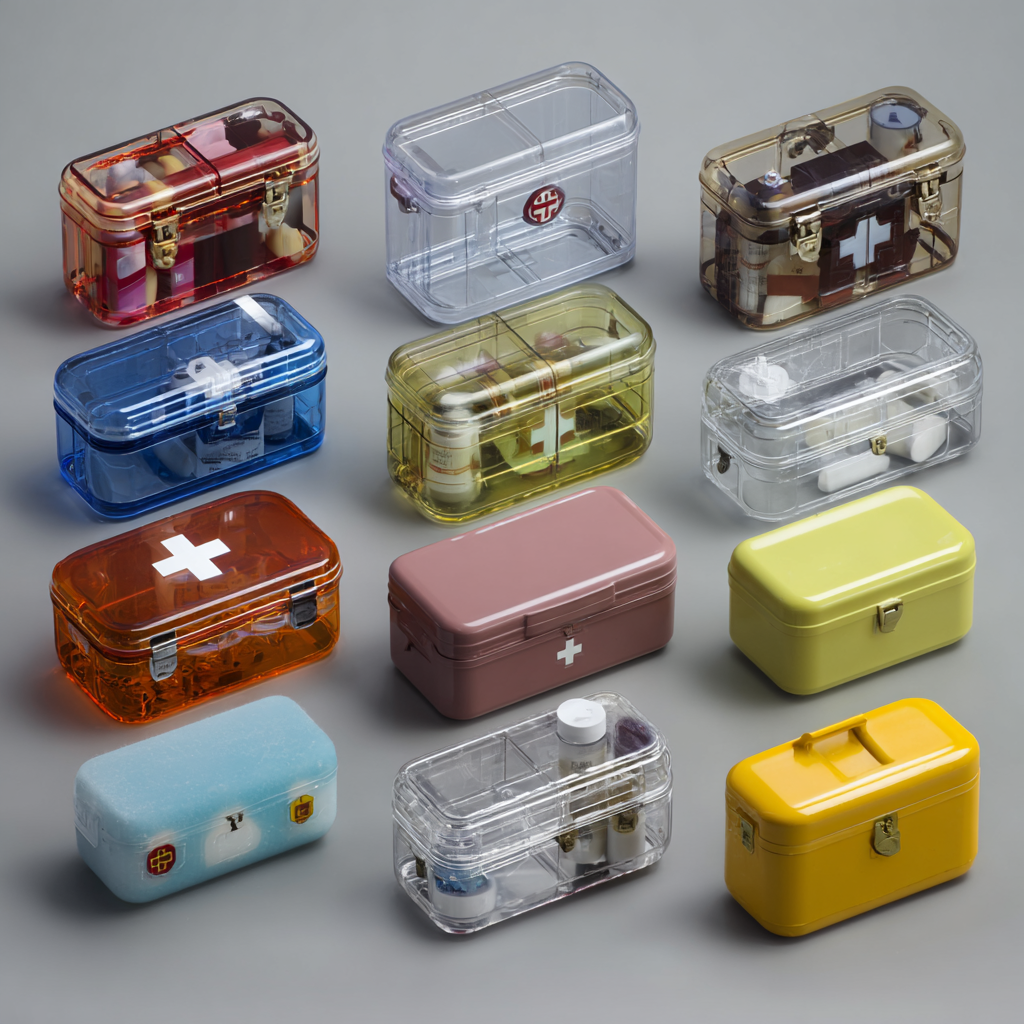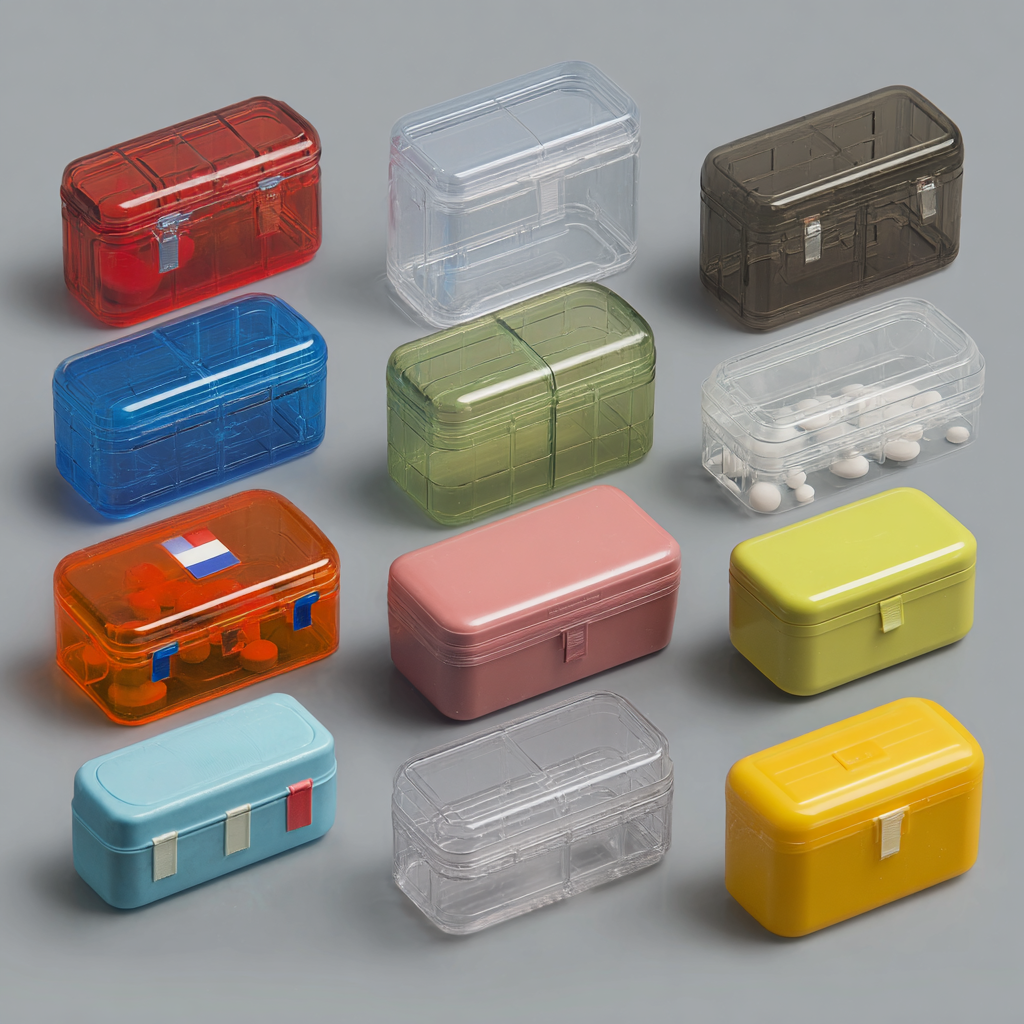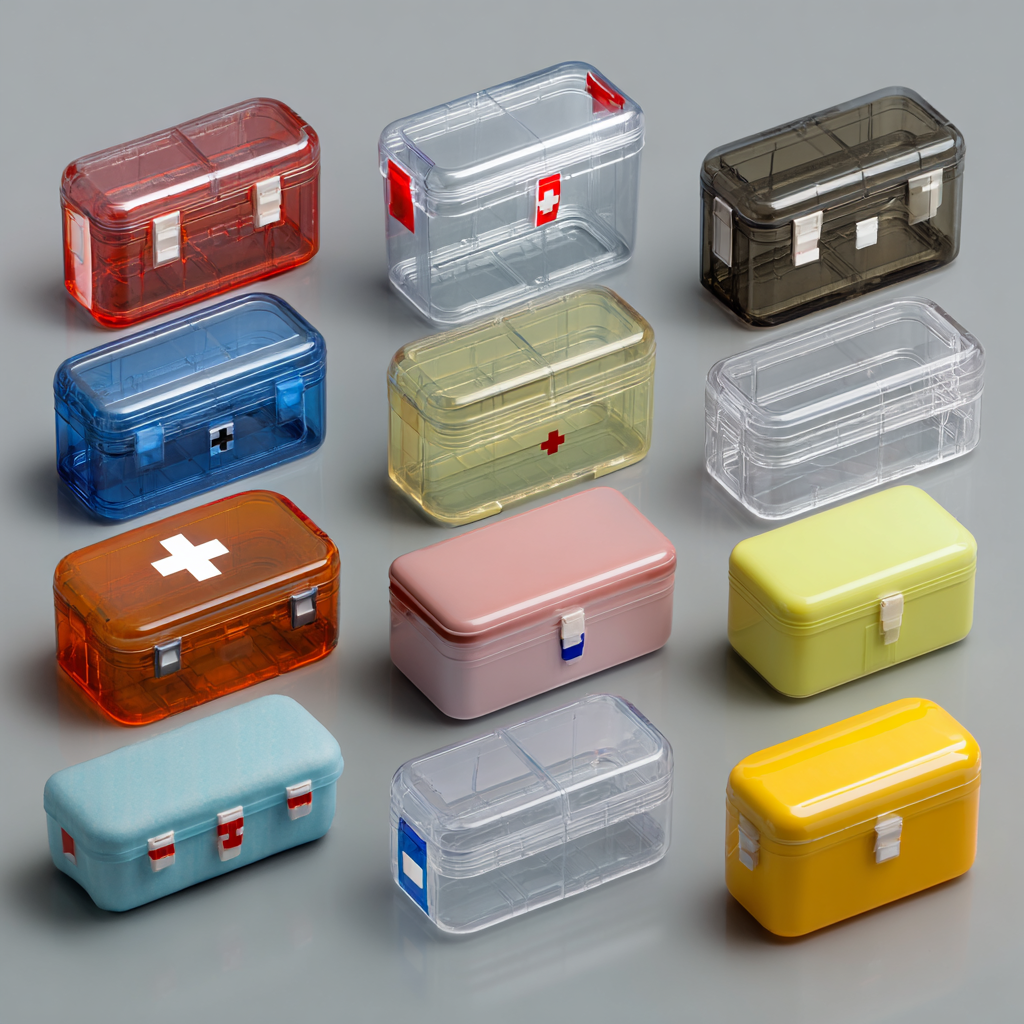Texin — Precision Injection Molded Medicine Containers
Texin is committed to providing customers with quality products and services
Texin manufactures regulatory‑ready injection molded medicine containers using medical‑grade materials (PP/HDPE/PC), hardened mold steels (S136/H13) and validated “scientific injection molding.” We ensure sterilization compatibility (EO/gamma/steam), strict incoming inspection, SPC process control and full batch traceability—offering DFM support, trial validation and third‑party testing.
Classification:
Medical injection molding products
Key words:
Get Quote
At Texin we produce high-quality Injection molded medicine containers that meet strict safety, traceability and sterilization requirements. Medicine containers must protect drug integrity, deliver accurate doses and survive sterilization and transport. That demands medical‑grade materials, robust mold design, validated process control and tight incoming/outgoing inspection — all services Texin provides.

Why Injection molded medicine containers need extra care
- Material and biocompatibility: Containers contact drugs and sometimes patient fluids. We use medical‑grade PP, HDPE, PET or PC as appropriate; PP/HDPE are common for single‑use, radiation‑tolerant containers, while PC is used when clarity and autoclave resistance are required.
- Durable tooling for consistent quality: For high volumes we recommend Grade 1 or Grade 2 molds (Grade 1 ≥1,000,000 cycles; Grade 2 ≈500,000–1,000,000 cycles) made from hardened steels such as S136, 420 or H13 to ensure long life and mirror finishes for transparent parts.
- Controlled process (scientific injection molding): We set initial parameters from material datasheets and Moldflow, run controlled trials recording shot weight, fill/pack curves and cavity temps, then lock the validated recipe and apply SPC to maintain consistency.
- Traceability & testing: Each lot can be labeled with resin batch number, mold tool ID and production date. Incoming checks (COA, MFI, density, moisture) and final inspections (visual, dimensional, functional) are standard; third‑party tests (SGS/Eurofins) are available on request.

Common buyer or producer concerns — concise answers
Q: What materials are best for Injection molded medicine containers?
A: For most disposable containers Texin recommends medical PP or HDPE (good chemical resistance, low moisture uptake, radiation‑tolerant). For clear bottles or components requiring autoclave sterilization, PC is preferred. For specialty, high‑temperature or long‑term contact applications consider PPSU or PEEK. We always align material choice with sterilization method and drug compatibility.
Q: Which mold grade and steel should I specify?
A: For large runs choose Grade 1 (≥1,000,000 cycles) or Grade 2 (≈500k–1,000k cycles). Use corrosion‑resistant, hardenable steels like S136, 420 or H13 (HRC 48–52) — these support mirror polishing and long, stable production needed for Injection molded medicine containers.
Q: How do you prevent dimensional drift, shrinkage and defects?
A: We start from Moldflow + material datasheet → set barrel temps, mold temp and injection profile → run scientific trials and record shot weight, fill/pack curves. If shrinkage or localized problems occur we adjust gating (e.g., enlarge gate if remote shrink), optimize cooling and lock the recipe. SPC is used to control key dimensions in production.
Q: How do you tell moisture‑related streaks from plasticating/plasticization issues?
A: Both can look similar. We perform a dry‑resin trial per recommended drying T/T; if defects vanish, moisture was the cause. If not, we review screw/plasticating capacity and residence time (insufficient screw size can cause poor plasticization and “flow lines”), and adjust screw speed/backpressure or machine size.
Q: What incoming inspections are performed on resin?
A: Typical checks: COA review, visual color, MFI, density and moisture content for hygroscopic resins. Our lab includes moisture analyzers and MFI testers; mechanical and chemical tests can be arranged or outsourced (SGS/Eurofins) for regulated orders.
Q: Which sterilization methods are compatible with common container materials?
A: PP/HDPE — radiation (gamma) friendly, commonly used for disposable containers. PC — steam autoclave tolerant and chosen when clarity is needed. For demanding applications (implantables or high temp) use PPSU or PEEK. We provide sterilization compatibility guidance and can test post‑sterilization performance.
Q: What mold and process documentation will I get?
A: We deliver trial reports, locked process parameters (barrel zones, mold temp, injection speed profile, pack curve), Moldflow summary and batch traceability data. Templates for trial SOP, process card and incoming/outgoing inspection are available upon request.

Environmental and production controls to protect quality
- Cooling stability: We control mold cooling fluid temperature before it enters the mold (with temperature sensors and PID control) — this avoids relying only on mold readings and prevents temperature drift that causes shrinkage or warpage.
- Material handling: Hygroscopic resins (e.g., PA) are dried per T/T and kept in sealed storage; closed conveying or in‑line dryers are used where needed to prevent moisture uptake.

Summary:
Injection molded medicine containers require disciplined material selection, long‑life tooling (Grade 1–2 molds with steels like S136/H13), validated “scientific injection molding” and layered quality checks. Texin delivers all these: material expertise (PP/HDPE/PC/PET), hardened mold capabilities, trial/DFM support based on Moldflow, and documented batch traceability and testing. If you need reliable, regulatory‑ready Injection molded medicine containers with controlled process and full documentation, contact Texin for a DFM review or sample validation.
● Many years of mold design, development and manufacturing experience
● Pursue excellence and cast high quality
● High quality, high efficiency and high precision
● Take the initiative to provide timely, fast and dynamic customer service








A simple 3-step process for quickly obtaining a commercial offer
Step 1: Leave your details and our technical specialists will contact you within 24 hours.
Step 2: Confirm the materials for the production process and technical specifications.
Step 3: Get the commercial offer and the lead time.

